On Saturday, March 23, 1940, the day before Easter, friends Pauli Murray and Adelene McBean — two young Black people — were arrested on a Greyhound bus near Petersburg, Virginia, for refusing to move to the back of the bus. The Jim Crow laws in Virginia at the time required segregated seating on public transportation, and Murray and McBean were arrested and jailed. This was 15 years before the Montgomery Bus Boycott.
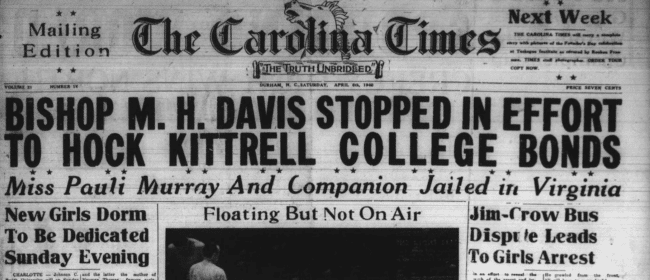
A newspaper headline noting the arrest of Pauli Murray and companion for a bus dispute. Source: Digital North Carolina
The event is described in the essay Nonviolence Without Borders as follows,
Like Parks, both women were already actively engaged in the struggle for racial equality. By the time they boarded an old bus bound for Durham, North Carolina, in late March 1940, Pauli Murray and Adelene McBean had long discussed how they could most effectively challenge racial segregation.
The poor condition of their bus gave them the opportunity to translate their thoughts into action. Seated near the back of the bus, directly over a wheel, the two young women suffered with every bump. When McBean began to feel a sharp pain in her side, she and Murray occupied seats in the middle of the bus.
The driver told them to move back. They refused and, after a lengthy debate with the driver and local police officers, were arrested. Read more.
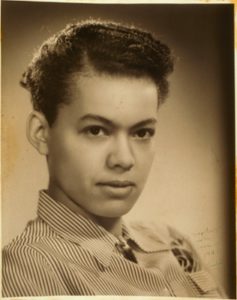
This is one of countless stories of resistance on public transportation, dating back to 1841.
In Representing the Race: The Creation of the Civil Rights Lawyer, Kenneth W. Mack writes that Murray and McBean were initially represented by the NAACP, but were later defended by the Workers’ Defense League, which not only paid the fine but also then employed Murray. This no doubt helped to lead Murray into the legal profession, where they became the first African American woman to graduate from law school at Yale, and to Murray’s later work in legal theory and scholarship.
Learn More
“Rights Talk” Revisited: Incidents in the Life of Pauli Murray by Rosalind Rosenberg (Society for U.S. Intellectual History)
The ‘Black, Queer, Feminist’ Legal Trailblazer You’ve Never Heard Of by Kenya Downs (NPR’s “Code Switch”)

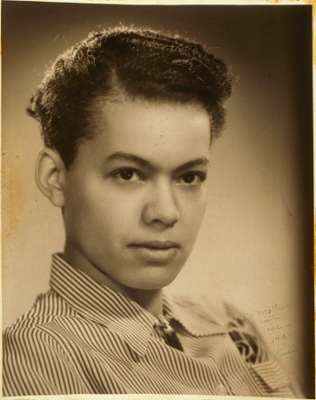

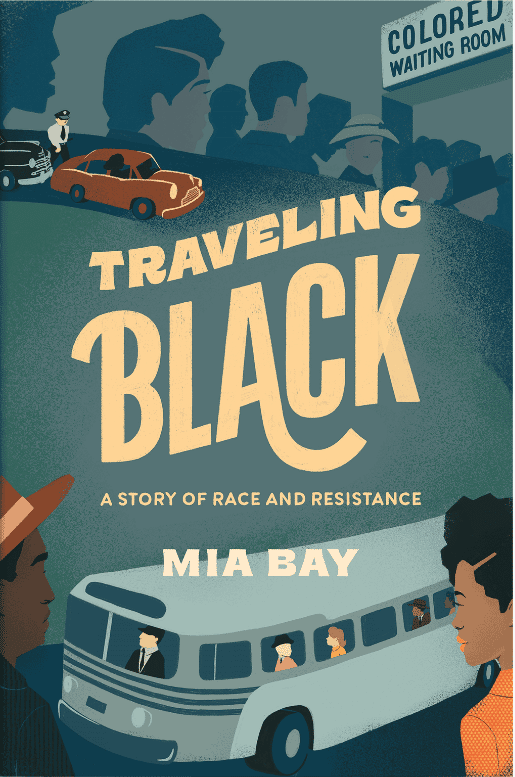

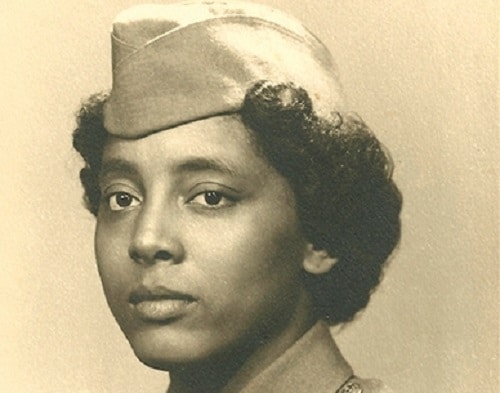
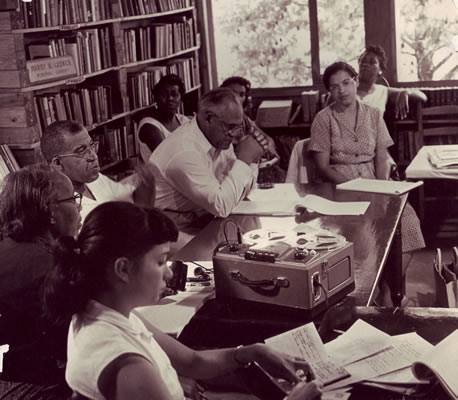
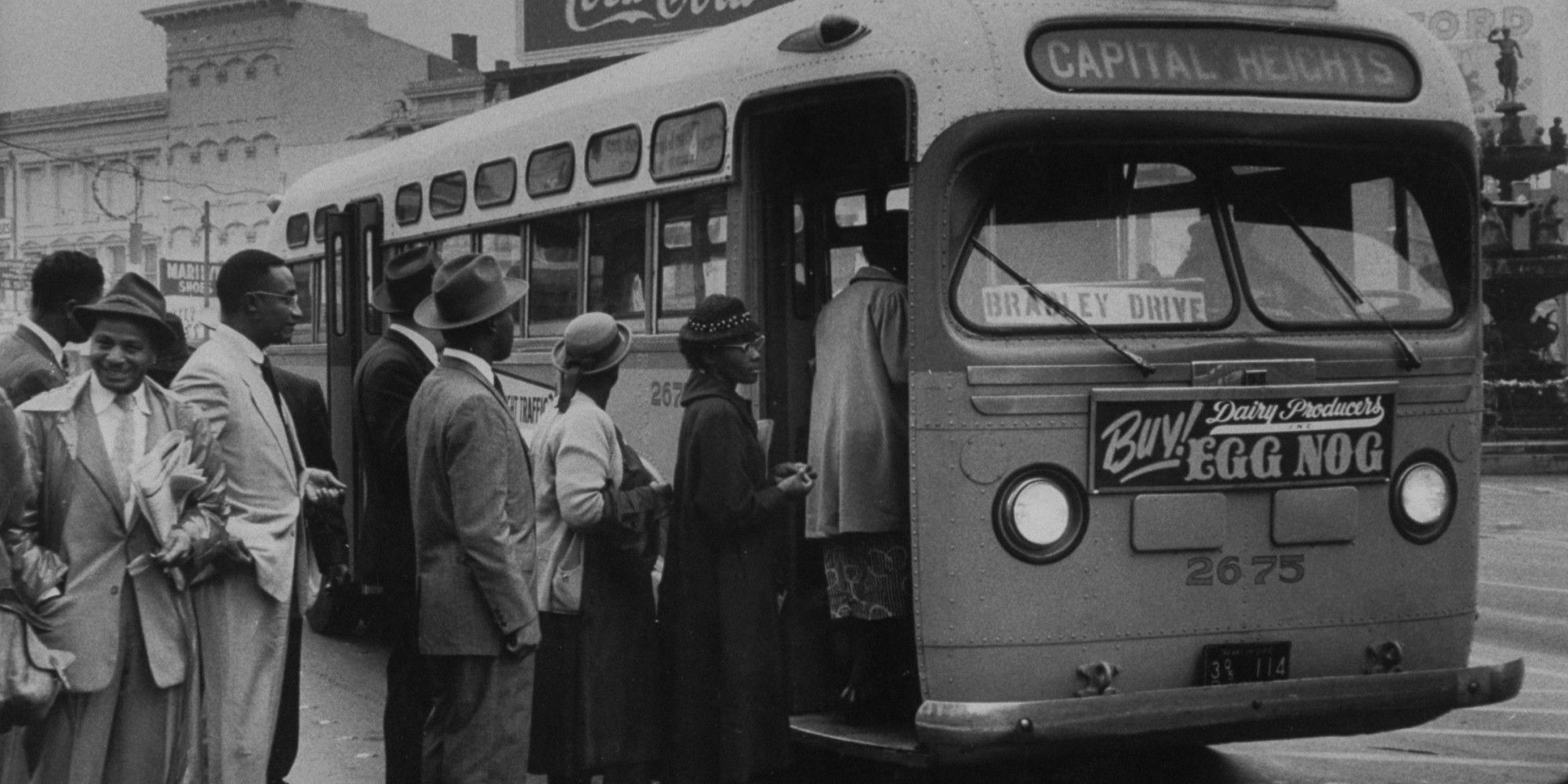





Twitter
Google plus
LinkedIn